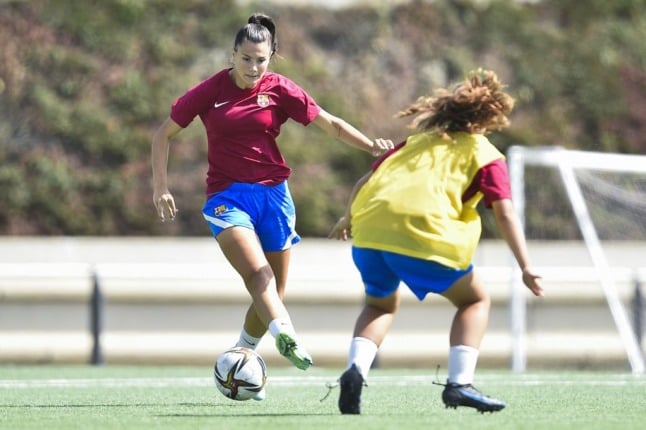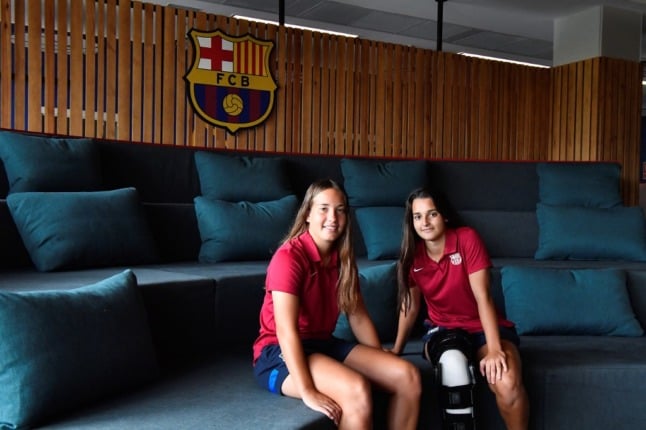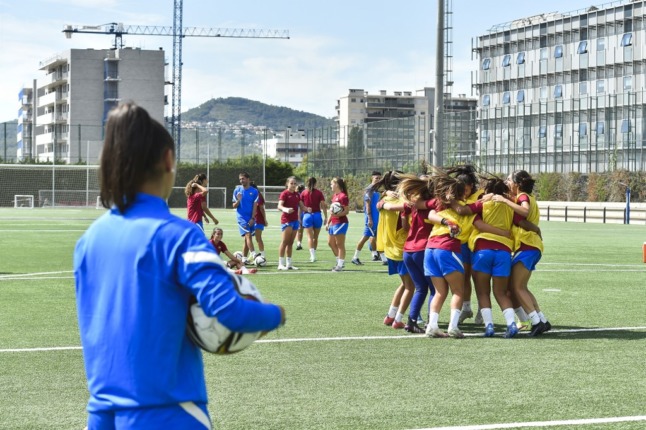Prolonged maternity leave, periods of unemployment and part-time work while the children are young lowers women’s pensions to levels way under men’s.
Economist Göran Normann conducted an investigation on behalf of Länsförsäkringar Bank, looking at men and women’s pensions levels in Sweden. With 24 independent regional insurance companies and the jointly owned Länsförsäkringar AB, Länsförsäkringar is Sweden’s only customer-owned and locally based banking and insurance group.
The men and women in Normann’s report were all of the same age and from four different professions. Normann’s concluded that women’s pensions were 80-90 percent of men’s on average.
“And when you look at those women who had the lowest incomes, then there is a marked difference compared to men. An average woman in this group has a pension that is roughly 70 percent of her average male colleague”, Göran Normann told the TT news agency, referring mainly to people in the nursing profession.
The main reason for the gaping inequality is that women often have lower salaries than men. In addition, in order to combine family life with work, many more women than men work part-time, which lowers their income and thus their pensions.
Many mothers often take a longer period of absence from work to extend their maternity leave, which leaves them without pension payments. Some women also go through periods of unemployment in order to look after young children.
Although the Swedish social system does pay women to be off work while on parental leave or looking after a sick child, this is far less important for one’s pension than an actual salary.
Göran Normann believes that one way to create greater equality between the sexes would be for men to contribute towards their partner’s pension, if and when she works part-time while the children are growing up.
“It is important that there be some kind of compensation between partners regarding pension points. The man could give part of his pension to the woman”, he said.




 Please whitelist us to continue reading.
Please whitelist us to continue reading.